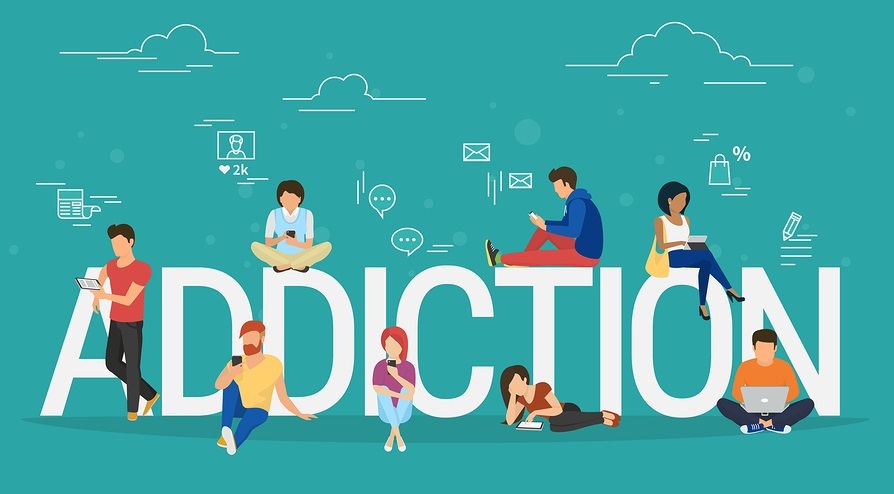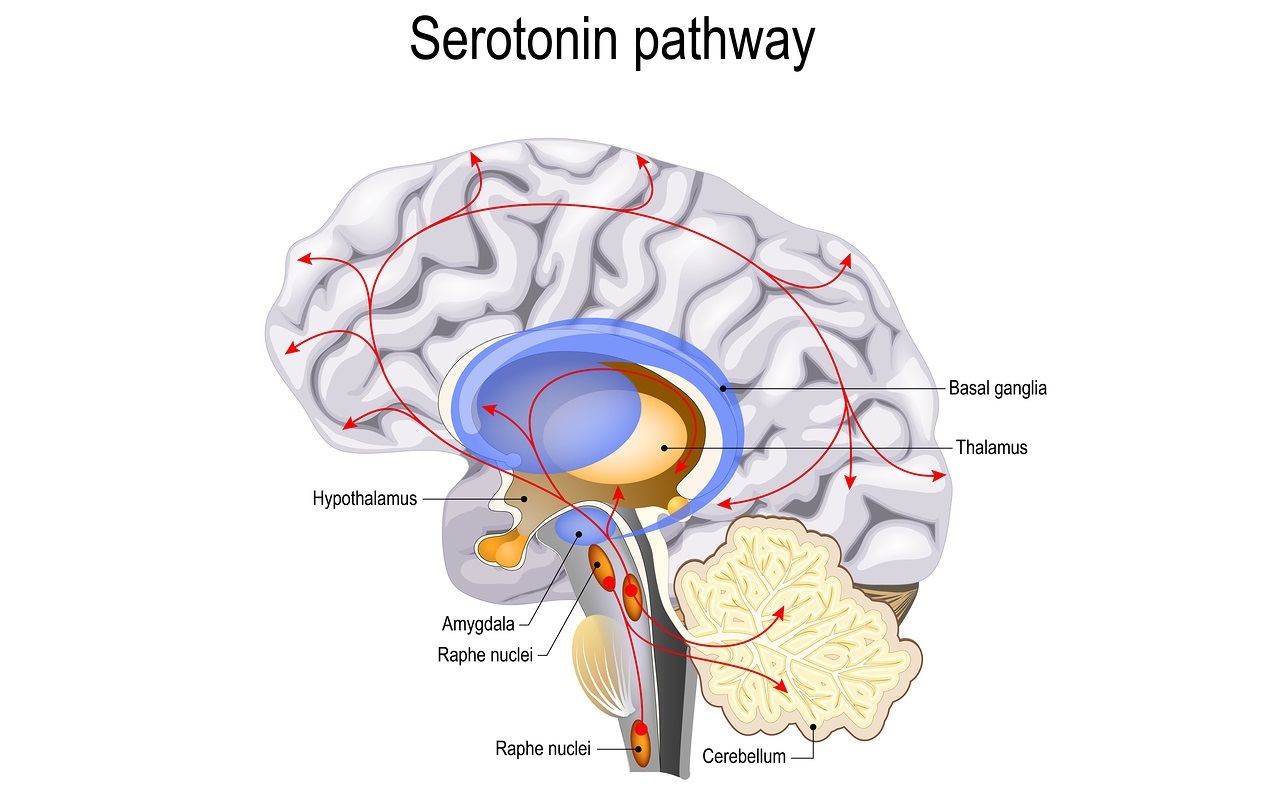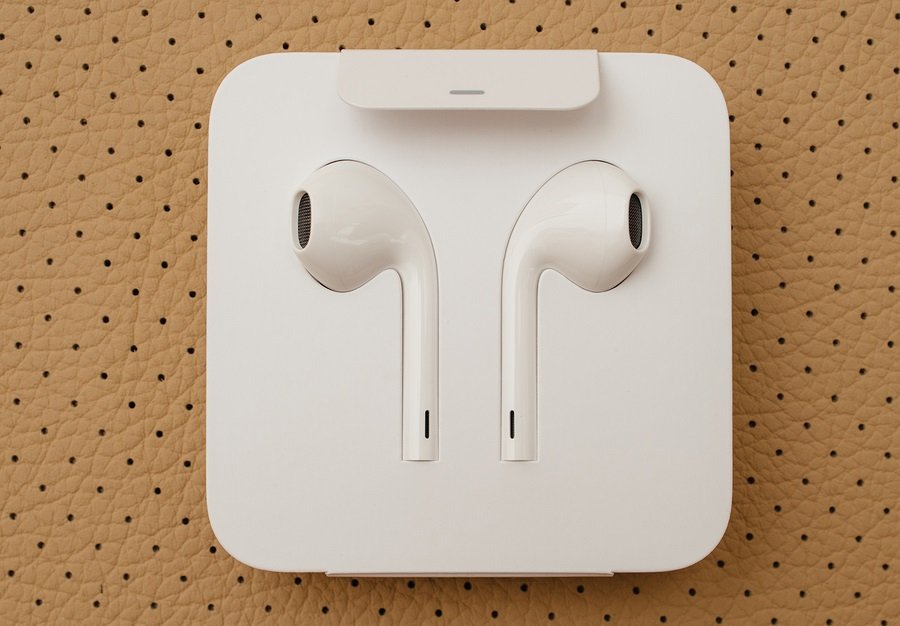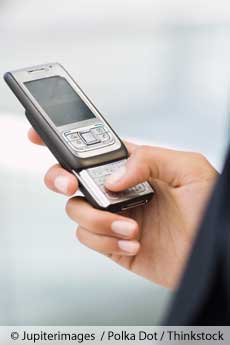During active small screen addiction, there is a constant sense of being drawn to the devices and to use certain apps with the hope of gaining fulfillment, satisfaction, and pleasure. In other words, there are cravings that compel people to do certain things with their smartphones and tablets in the hope of getting a dopamine release and feeling good.
Checking your phone every few minutes all day long, spending endless hours on apps such as Facebook, preferring to text rather than speak in person, getting up in the middle of the night to check your phone, texting while driving, losing touch with work responsibilities and family obligations are just a few of the symptoms of small screen addiction.
As small screen addiction progresses, excessive dopamine levels in the brain cause brain neurons to downregulate their dopamine receptors. This prevents people from experiencing the pleasure they once enjoyed from their small screens. Eventually there is no pleasure, only compulsive use of the small screens, which is an indication that neurons in the brain have begun to die from overstimulation by dopamine.
People with out-of-control small screen usage must also realize and admit that they are dealing with an addiction that has the power to control and eventually destroy their lives.
This article will focus on raising serotonin in the brain, which will improve the sense of well-being and help to restore contentment and happiness.














